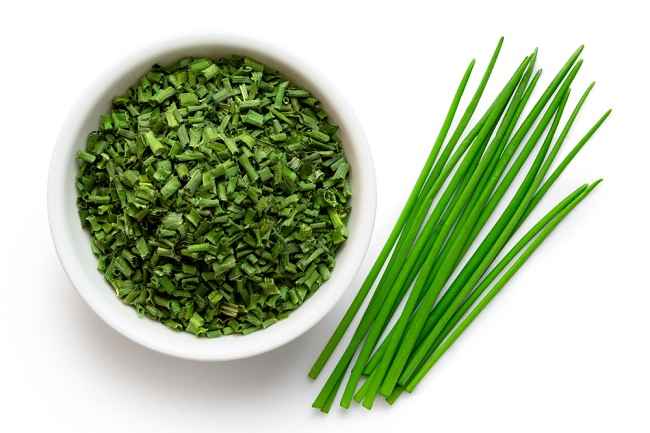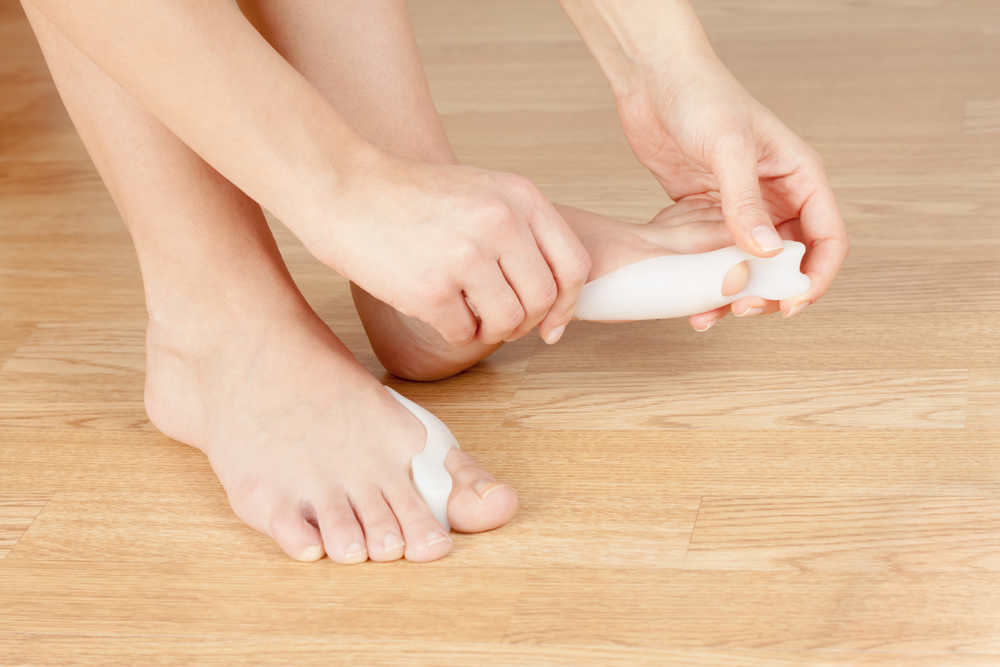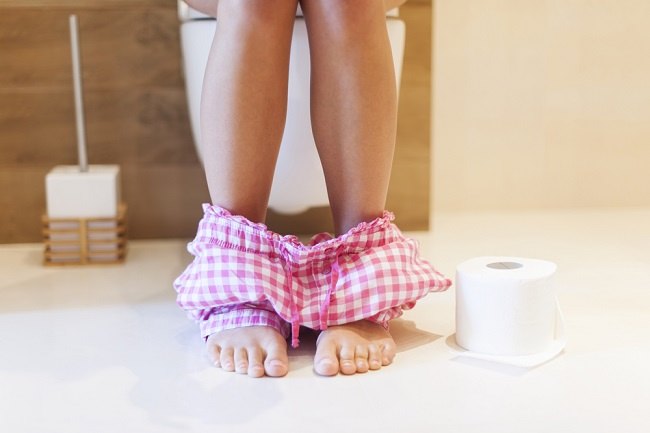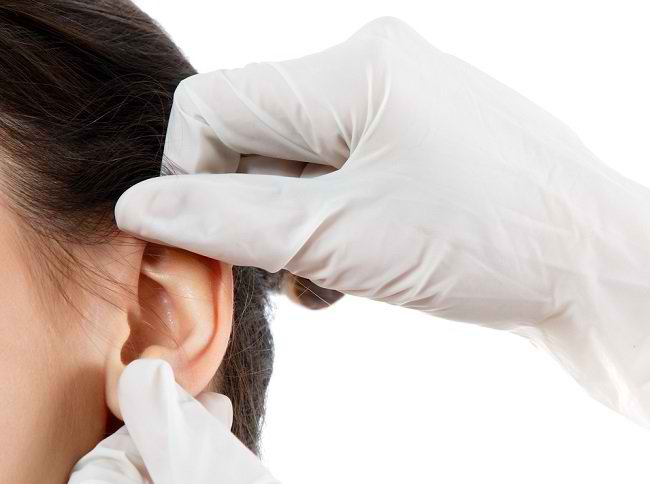Even though sounds like a minor problem, Bad breath can be serious if it makes you feel insecure when talking to other people. No need to worry, there are several ways you can do to eliminate and prevent bad breath.
Bad breath can be caused by many things. One of them is dental and oral hygiene that is not maintained properly. If the teeth and mouth are not cleaned regularly, bacteria will multiply in the mouth and break down food debris between the teeth. This breakdown process will produce an unpleasant-smelling gas that causes bad breath.

In addition, bad breath can also arise due to dry mouth, consumption of strong-smelling foods, drinking alcoholic beverages, smoking, or infections of the nose, sinus cavities, mouth, or throat.
The Right Solution to Eliminate and Prevent Bad Breath
A fresh and odor-free mouth can be obtained in a simple way, as long as it is done consistently. Here are the ways:
1. Clean teeth and tongue regularly
Regularly cleaning your teeth and tongue is a simple but effective step to eliminate and prevent bad breath. Brush your teeth at least 2 times a day or after every meal. Use a toothbrush with soft bristles and a toothpaste containing fluoride.
The tongue can be a place to accumulate bacteria that cause bad breath. So, don't forget to clean your tongue. Use a tongue scraper or a soft-bristled toothbrush to clean the tongue. Rub the surface of the tongue gently. Do not rub it too hard because it can hurt the tongue.
Plaque between the teeth may not be reached by a toothbrush. Therefore, you are also advised to clean between your teeth using dental floss (dental floss) at least once a day. In addition, don't forget to regularly check your teeth and mouth to the dentist every 6 months.
2. Gargle with mouthwash
Brushing your teeth alone is not enough to reduce all the bacteria that cause bad breath. The reason is, there are parts that are not reached by a toothbrush. Therefore, also use mouthwash or mouthwash so that your mouth is completely clean of bacteria and food debris.
You can choose a mouthwash that contains natural antiseptic ingredients, such as eucalyptol, menthol, thymol, and methyl salicylate. These ingredients are extracted from plants that are commonly used as traditional medicine and have been shown to help reduce almost all bacteria that can cause bad breath.
3. Drink lots of water
Bad odor in the mouth can also be caused by dry mouth. Therefore, you are advised to drink at least 8 glasses or 2 liters of water per day. Drinking lots of water is not only able to overcome bad breath, but also can protect the body from various diseases.
4. Chew gum
Chewing gum can stimulate saliva production and prevent dry mouth. Saliva functions as a natural mouth cleanser that works by "rinsing" food residue and bacteria that cause bad breath. In order not to actually cause damage to the teeth, choose sugar-free gum.
5. Avoid consuming food and drinks that cause bad breath
Some strong-smelling foods, such as raw garlic or onions, can leave a bad odor in your mouth, as can coffee and alcoholic beverages. Therefore, avoid consuming these foods or drinks. If you want to consume these foods and drinks, immediately rinse your mouth or brush your teeth afterward.
Fruits and vegetables such as apples, oranges, cucumbers, and carrots can help freshen the mouth and reduce bad odors. In addition to stimulating saliva production, these fruits and vegetables also contain antioxidants that can reduce bacteria in the mouth.
Other foods and drinks that can also reduce bacteria in the mouth are nuts, yogurt, and green tea.
6. Quit smoking
In addition to the smell of cigarette smoke, bad breath in smokers is also caused by chemicals in cigarettes that facilitate inflammation and infection of the teeth and gums. In addition, smoking can also cause dry mouth.
Bad breath can actually be overcome by yourself by doing the simple ways above consistently. However, if bad breath doesn't go away after a few weeks, there may be another problem causing it.
If bad breath is difficult to go away, especially if accompanied by loose teeth or pain and swelling of the gums, check with your dentist to get the right treatment.









